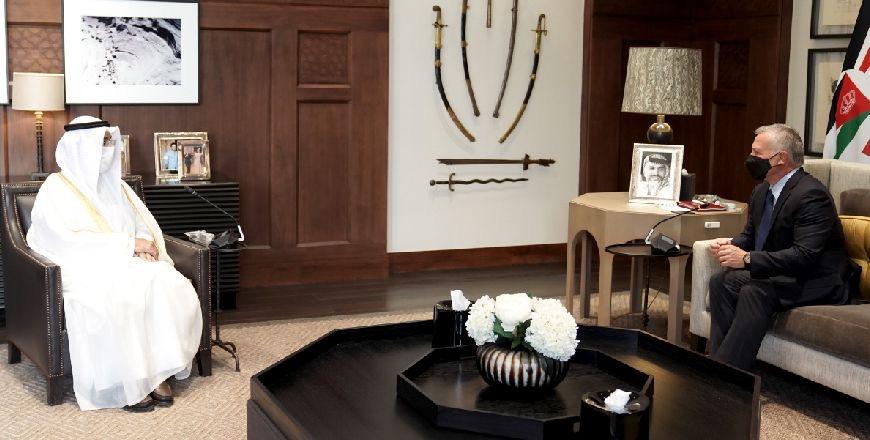You are here
‘Informal economy in Jordan comparable to other states in region’ — scholar
By Saeb Rawashdeh - Apr 05,2017 - Last updated at Apr 05,2017

Steve Monroe
AMMAN — While numbers vary, the International Monetary Fund estimates that the informal sector makes up 26 per cent of the Jordanian economy, a rate comparable with other states in the region, according to a researcher from the United States.
Steve Monroe, a PhD student in Political Science at Princeton University, said that many Jordanians depend on work opportunities in the informal sector, while explaining that a larger informal economy places greater taxation pressures on firms operating in the formal sector.
Monroe’s research focuses on the politics of economic reform in the Middle East, both from the perspective of business elites and small- and medium-sized enterprises.
“My current research projects cover a range of issues: trade politics, the informal economy, the social implications of female labour-force participation and challenges of reforming electricity subsidies,” he noted.
Different societies have different economic and social models, Monroe stressed, adding that no development strategy is feasible without an anchor of political stability.
“For Arab states that are not in conflict, policies should take a balanced approach between reforming government spending and government revenue, with the aim of alleviating public sector debt. A gradual but progressive reduction in public debt can free up resources to invest in infrastructure, industry and ultimately growth,” the scholar noted.
Regarding comparable economies in the region, Monroe thinks that “Tunisia might be the best comparison to Jordan”.
“Both are small economies that need exports to grow. Politically and geostrategically, however, the countries are so different that I would be wary of the comparison,” he underlined.
Relations between Jordan and the Gulf are generally cordial, the scholar stated, adding that the Gulf is a major aid donor and investor in the Kingdom.
“Relations are a little testier in trade policy,” he underscored, “However, the Gulf Cooperation Council [GCC] is one of Jordan’s largest importers and exporters. Many of the GCC’s main exports into Jordan are energy intensive products like steel and aluminum.”
On the other hand, local producers in Jordan complain that these exports are unfairly subsidised by the GCC’s energy subsidies, the scholar claimed, underscoring that they also complain that weak labour regulations in the GCC make it impossible for Jordanian companies to compete against GCC products.
“Some Jordanian industrialists also complain about the bureaucratic hurdles to export into the GCC,” Monroe said.
Monroe’s field work enabled him to meet with Jordanian commentators, industrialists, heads of business associations, analysts and public sector employees, and he meticulously collected data for his research on the Jordanian market.
The scholar returned to Princeton in the spring but would return to Jordan in the summer to continue his research.
“I am always floored by their hospitality, and their willingness to take time out of their busy schedule to talk with me,” he emphasised,” These meetings have done wonders to my research, often provide new insights and are a good sounding board for research ideas,” he concluded.
Related Articles
AMMAN — Higher Education Ministry Secretary General Hani Dmour on Thursday met with Mohammad Tweijri, head of education at the General Secre
AMMAN — Deputising for His Majesty King Abdullah, Minister of Investment Mothanna Gharaibeh on Wednesday opened the inaugural Jordanian-Gulf
AMMAN — His Majesty King Abdullah on Monday received Gulf Cooperation Council (GCC) Secretary General Nayef Al Hajraf, and discussed means t















